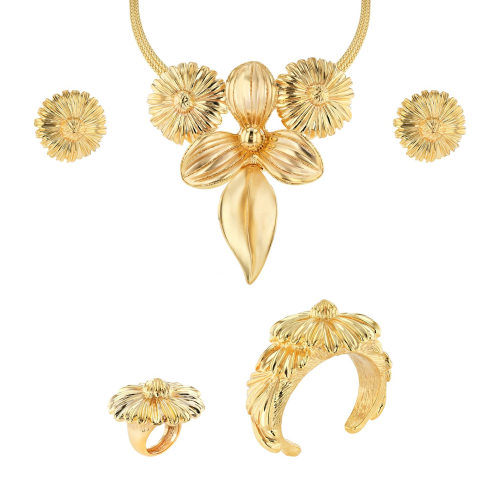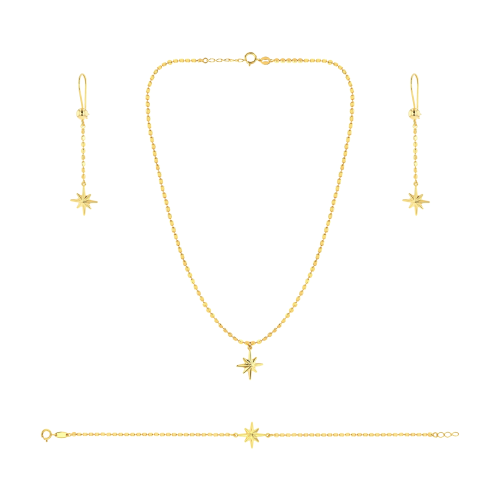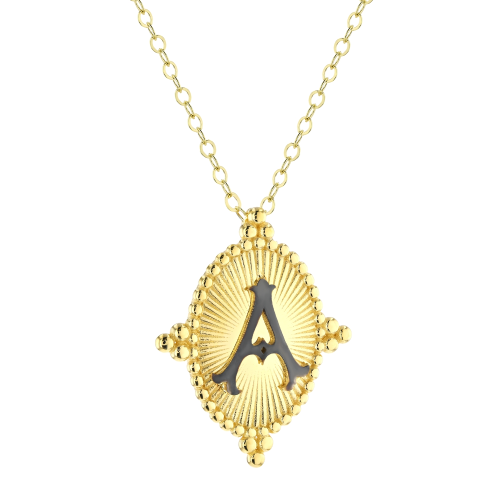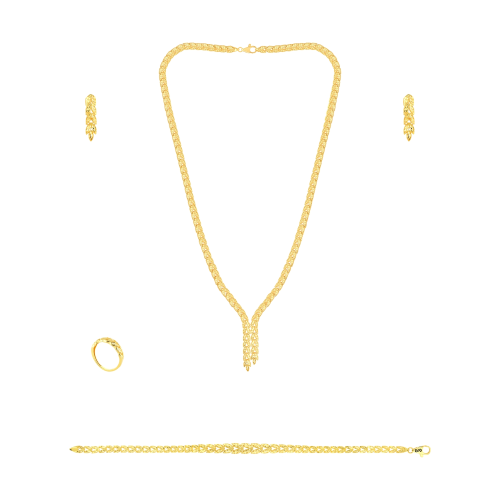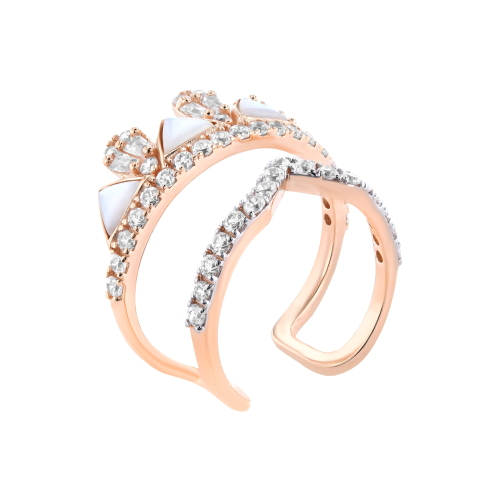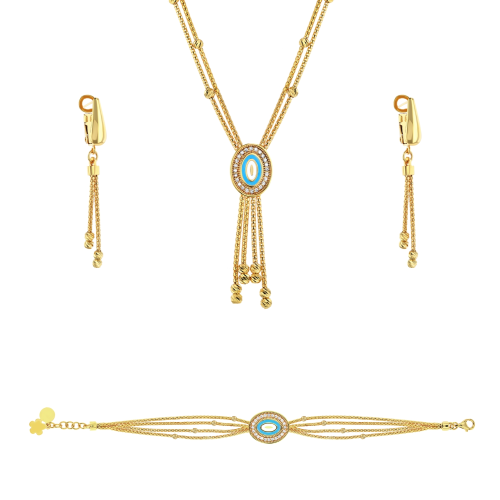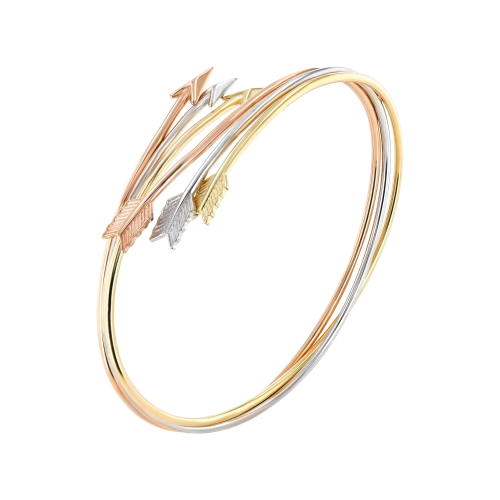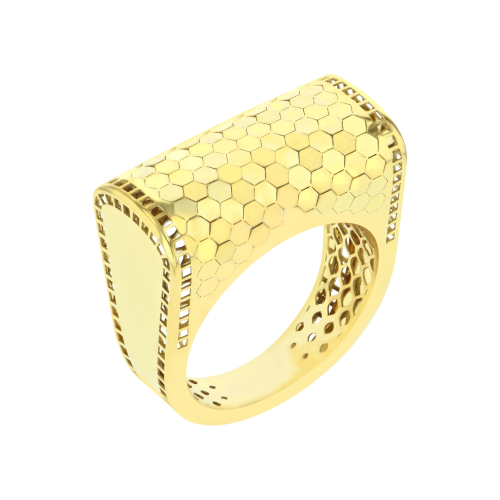Do you think you know the history of gold?
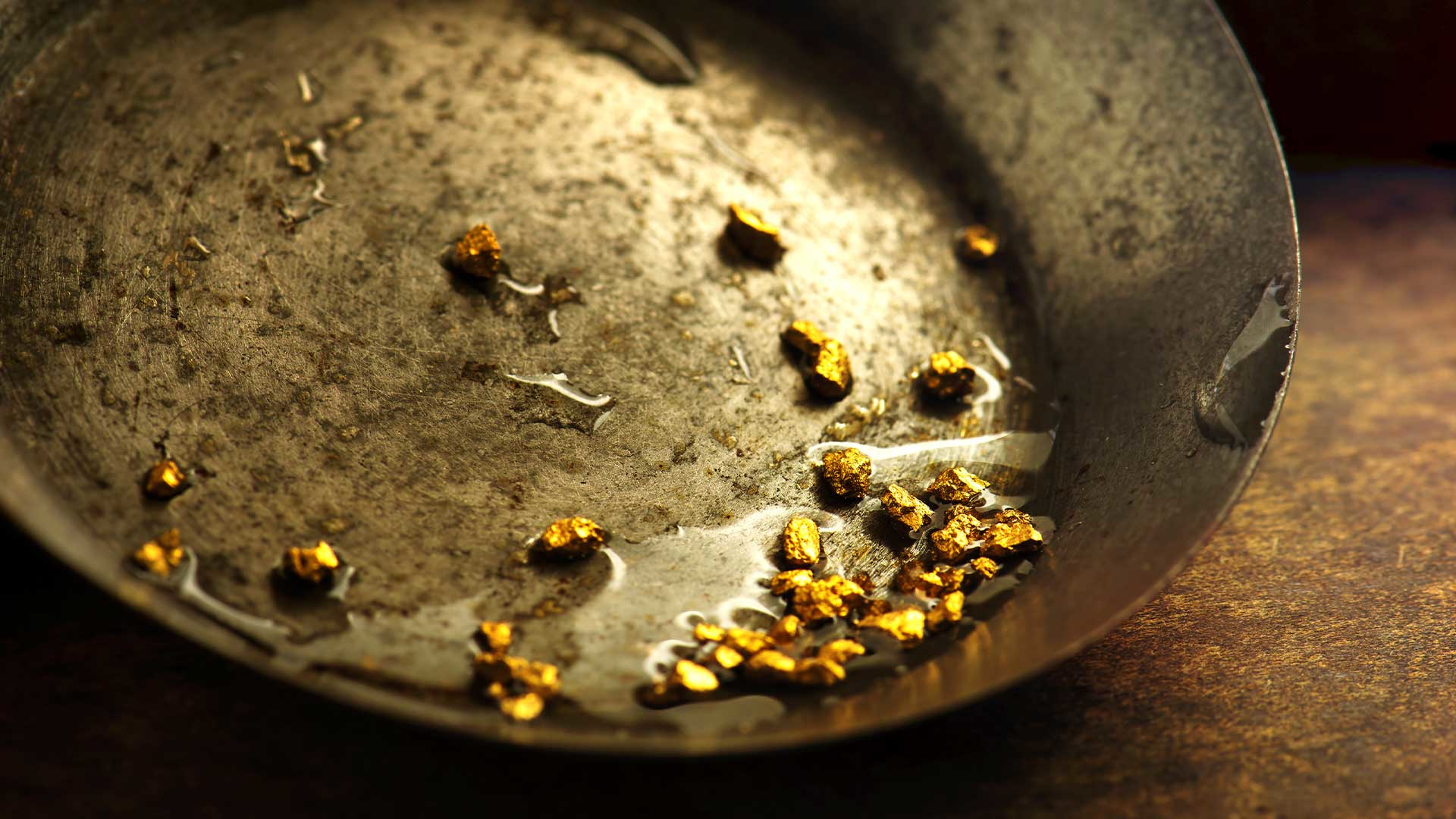
The earliest gold was discovered as gleaming golden nuggets. As the phrase goes, "gold is where you find it," and gold was initially discovered in its natural state, in streams all over the world. It was, without a doubt, the first metal known to the early human race.
Every human culture has embraced gold. It was fun to work and play with because of its brilliance, inherent beauty, and shine, as well as its exceptional malleability and resistance to corrosion.
Because gold is found throughout the geologic world, it was discovered by many different people in many other places. And practically everyone who discovered it, as well as the evolving civilization in which they lived, was impressed.
Gold was the first metal that our species came into contact with. We think of the development of iron and copper-working as the greatest contributions to our species' economic and cultural success when we think of technological progress – but gold arrived earlier.
Gold is the simplest metal to work with. Most other metals are found in ore deposits that are difficult to process, whereas gold is found in a nearly pure and useable state. Gold's early applications were undoubtedly ornamental, and its brightness and durability (it never corrodes or tarnishes) made it associated with deities and kings in ancient civilizations.
Gold has always been a potent material. Although we do not know the origins of human contact with gold, it has long been associated with the gods, immortality, and riches in many cultures worldwide.
It was associated with gods and rulers in ancient civilizations, and gold was sought in their honor and dedicated to their glory. Humans have a natural affinity for gold jewellery, for instance, gold rings, or gold sets, associating it with power, beauty, and the cultural elite. Because gold is extensively disseminated worldwide, we may find this similar gold-related thinking in ancient and modern cultures alike.
When gold was measured, it became money. The simplicity with which gold could be melted, produced, and measured, as well as its beauty, scarcity, and distinctive density (no other metal outside the platinum group is as heavy), made it a natural trading medium. The concept of money was born from gold: it was portable, private, and permanent. Gold (and silver) in standardized coins replaced barter arrangements, making trading considerably easier during the Classic period.
In ancient Greece, gold was used as currency. By 550 B.C., the Greeks were mining for gold throughout the Mediterranean and the Middle East, and Plato and Aristotle both wrote about gold and had hypotheses about its origins.
Since then, gold has been very famous among women due to its unique look when it is transformed into jewellery. It will never go out of style. Gold rings, gold bracelets, gold necklaces, gold sets, be it an 18K gold set, or a 21K gold bracelet, still run deeply in society. Gold has always been associated with status since its inception and will. Without a doubt, Gold is a social status symbol in the world until the end.
